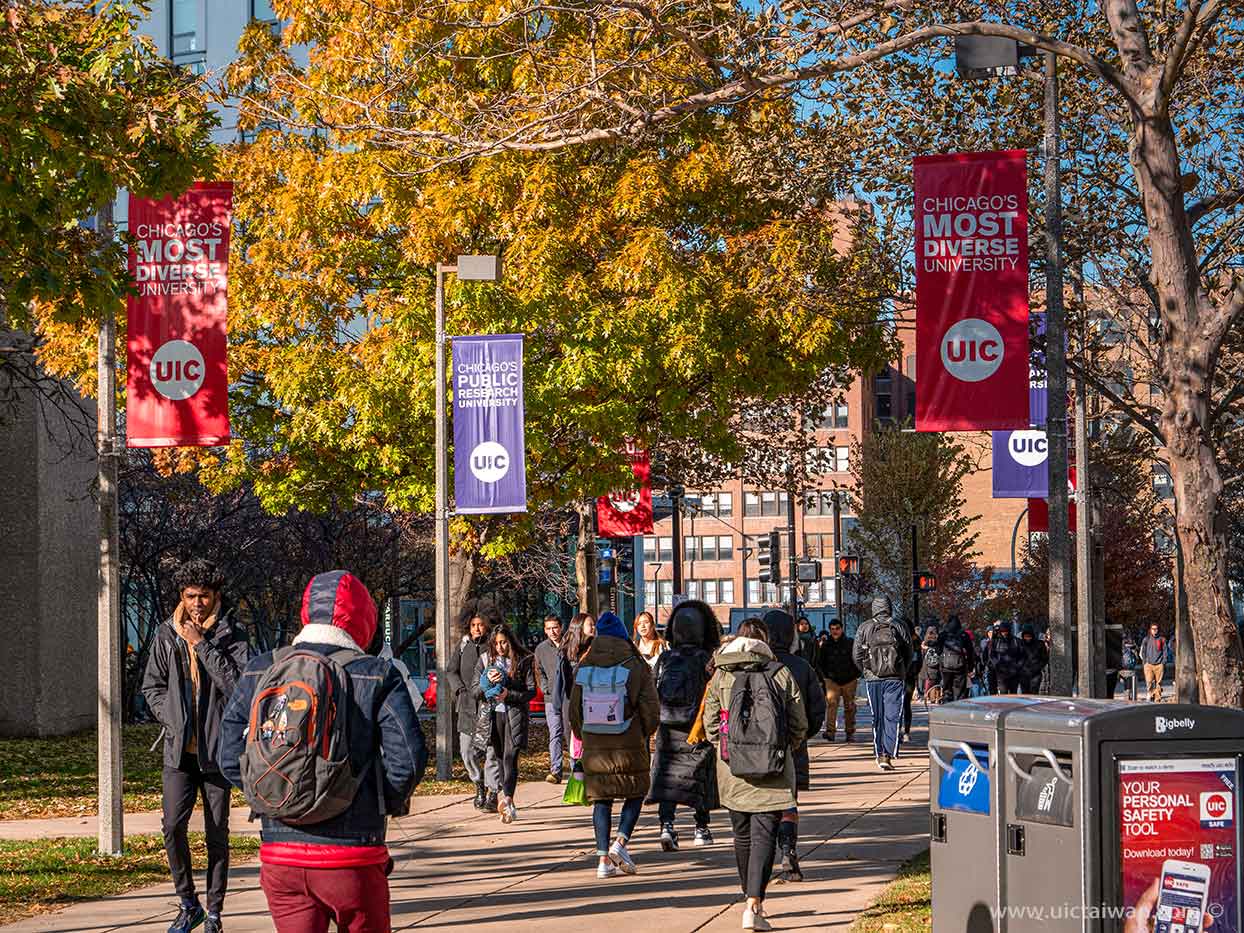In the process of applying to US universities, schools often include an "interview" as part of the application stage. Generally, US university interviews are divided into three types based on the interviewer: admissions officer interview, alumni interview, and third-party organization interview. Whether for undergraduate or graduate programs, US university interviews are mostly by invitation, meaning applicants wait for the school to notify them after submitting their application. However, some universities with a large number of applicants, such as the University of California campuses, may reduce or even skip interviews due to the high volume of applicants.
Preparation Before the Interview
1. Understand the Interview Types
During the US university application process, there are generally two types of interviews: Evaluative Interview and Informational Interview.
In general, the interview referred to is the evaluative type. The interviewer uses the interview to assess the student's performance and determine whether the student meets the school's admission requirements. In an informational interview, the student learns a lot about the university. In many cases, evaluative and informational interviews are conducted simultaneously.
2. Re-read the Personal Statement and Application Essays
Since university interviewers face a large number of applicants in a short time, it is especially important to make a good impression. Many applicants present themselves from a unique perspective and write these insights into their personal statement or other application documents. There is usually a long wait between submitting an application and receiving an interview invitation, so applicants may forget some of the content in their essays. In this case, re-reading the essays is crucial, and thinking about why certain expressions were used can help applicants supplement the content further.
3. Understand the School and Program
During the interview, in addition to asking questions about the applicant, the interviewer will also observe whether the applicant truly desires to attend this university. The key to judging this is often the applicant's level of knowledge about the school and the reasons for choosing this school. Applicants can prepare in advance by reviewing the school's and program's introduction, which can be found on the school's official website. As for the reasons for choosing this school, applicants should consider why this particular university or program attracts them.

Common Interview Questions
1. Self-Introduction Tell me about yourself
For this question, students should not only briefly describe their academic background, personal traits, and interests but also integrate their academic performance and involvement in extracurricular activities. For example, club activities, volunteer work, and internships are all key points that can successfully capture the attention of the interviewer.
2. Why did you choose to apply to our university? What made you choose our university?
This is the best moment for the student to show their enthusiasm for the school. If the applicant can offer a unique perspective on this question, they may stand out. Students can approach this by describing the aspects of the campus, academics, culture, and athletics that attract them to the university.
3. Why did you choose this major? Why do you want to study this major?
The interviewer wants to know the motivation behind the applicant's choice of major. When preparing for this question, it is essential to gather information about the major and review the program's course content on the university's website. Additionally, applicants can incorporate their future goals to express their passion for the field of study.
4. What is your greatest strength and weakness? What is your greatest strength and weakness?
This question can be answered by summarizing personal learning and life experiences, providing specific examples. The interviewer wants to understand the real you, so there is no need to worry that mentioning weaknesses will leave a bad impression. For weaknesses, you can also add how you plan to improve or overcome them.
5. What is your favorite book? What is your favorite book?
The interviewer wants the applicant to tell a story from their perspective, and this also tests the applicant’s ability to express themselves verbally. When preparing for this question, you can pre-prepare some commonly used words and phrases and practice clearly stating your thoughts.
6. Do you have any questions for me? Do you have any questions for me?
When preparing for this question, applicants should first do thorough research on their target program and university. While gathering information, they should think about the questions they are genuinely interested in. The questions don't have to be strictly related to academics; extracurricular activities and the school culture can also be discussed with the interviewer.
Other Common Questions
1. Who has most influenced you? Who has most influenced you?
2. What will you contribute to our university? What will you contribute to our university?
3. Tell me about a challenge that you overcame Tell me about a challenge that you overcame
4. What do you do in your free time? What do you do in your free time?
5. What makes you special? What makes you special?
6. What do you hope to do after graduation? What do you hope to do after graduation?
7. How do you define success? How do you define success?
8. What three adjectives best describe you? What three adjectives best describe you?
9. In college, what do you plan to do outside of the classroom? In college, what do you plan to do outside of the classroom?
10. Why do you want to go to college? Why do you want to go to college?




 Study Abroad in Different Countries
Study Abroad in Different Countries Popular Majors
Popular Majors Application Process
Application Process Study abroad exam
Study abroad exam Visa Application
Visa Application Study Abroad Life
Study Abroad Life








 Study in the USA
Study in the USA Study in Australia
Study in Australia Study in the UK
Study in the UK Study in the Netherlands/Ireland
Study in the Netherlands/Ireland Study in Canada
Study in Canada Conditional Admission
Conditional Admission



